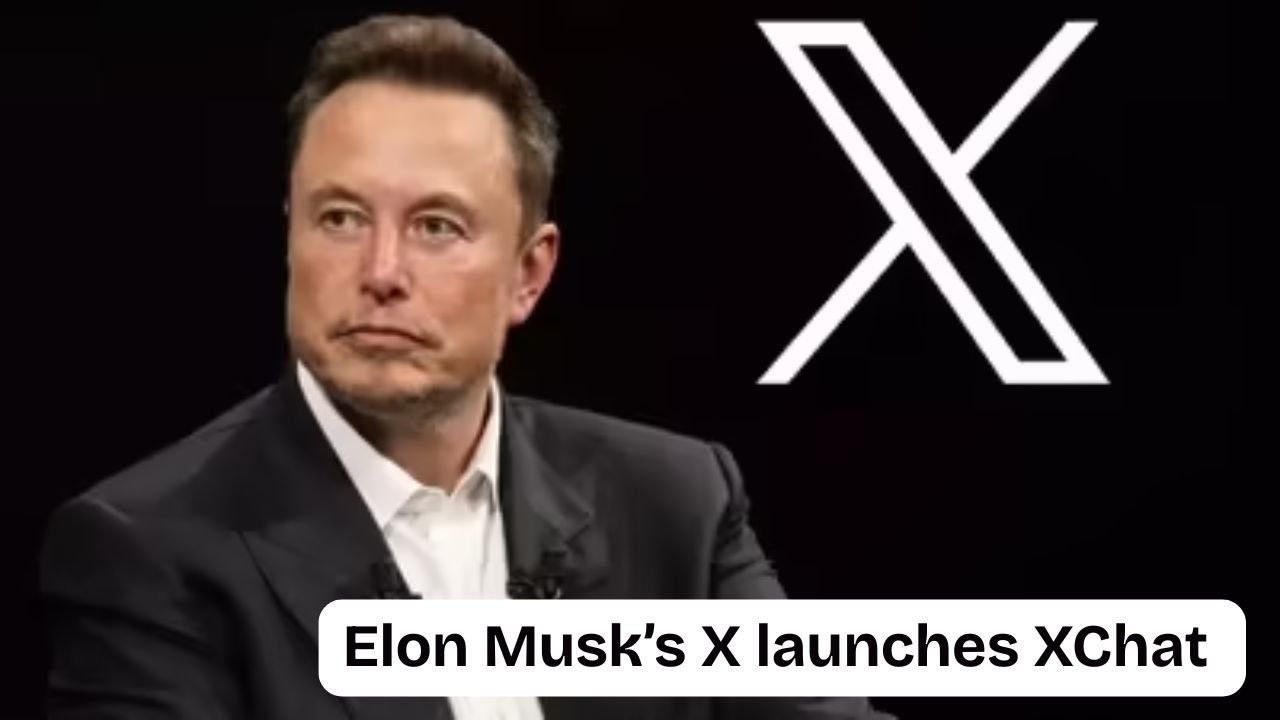Elon Musk, founder of xAI, Tesla, and SpaceX, recently made headlines by openly declaring Google as the current front-runner in the global race for artificial intelligence dominance. Musk’s candid acknowledgment, shared via social media on August 13-15, 2025, has reignited debates about the competitive landscape of AI, the unique strengths of key players, and what the future may hold for the industry giants vying for supremacy.
Musk’s Recognition: Why Google Is “Leader—For Now”
Musk’s statement is notable for three reasons:
- Rare Praise Amid Rivalry: Musk, while aggressively building his own AI startup “xAI” to compete with titans like OpenAI, Apple, and Google, rarely praises rivals. This signal acknowledges Google’s unique strengths in computational power and data accumulation.
- Focus on Compute and Data: Musk attributes Google’s edge not to its existing products or user base, but to its massive resources—specifically data and hardware. Google’s leadership in advanced AI chips, proprietary TPU technology, data-center scale, and global information access through its search engine form the basis of this advantage.
- Temporary Advantage: According to Musk, Google’s current pole position may not last forever. He forecasts a potential reshuffling as competitors ramp up their compute infrastructure and refine large language models over the next few years.
Concrete Evidence: Google’s AI Strengths
1. Compute and Data Infrastructure
- Largest Data Centers: Google has announced $75 billion in capital expenditures this year—focused primarily on expanding data centers, AI-specific chips (including the new Ironwood TPU capable of 42.5 exaflops per pod), and cloud AI infrastructure.
- Unmatched Data Assets: With decades of digital dominance, Google possesses a dataset that far exceeds most competitors, driving the scale and accuracy of its models.
- Strategic AI Investments: Google holds a 14% stake in Anthropic, a top AI startup founded by former OpenAI staff, and collaborates with other innovators to push boundaries in safe and general AI.
2. Research and Innovation
- Foundational AI Research: Google’s legacy includes the groundbreaking 2017 Transformer architecture (“Attention Is All You Need”)—the technology powering most contemporary large language models, such as Gemini and ChatGPT.
- Gemini AI Model Leadership: At Google I/O 2025, the company unveiled dramatic updates to its Gemini class of models, now topping global leaderboards on benchmarks like LMArena and showing an Elo score increase of over 300 points compared to earlier iterations.
- Project Astra and Real-Time AI: Google introduced Project Astra, a real-world AI assistant for interactive multi-modal applications (video, audio), pushing the boundaries of what AI agents can achieve.
3. Industry Influence and Monetization
- Integrated AI Across Products: From Search, Gmail, and Meet to new creative tools like Veo 3 and Imagen 4, AI is embedded at the core of Google’s consumer offerings.
- Subscriber Uptake: Over 150 million users have joined Google One, including “millions” opting for premium plans providing exclusive AI features—not available to most free users.
- Aggressive Capital Expansion: Alphabet is spending an additional $9 billion in Oklahoma over two years to further grow its cloud and AI footprint, underpinning Musk’s assessment of Google’s momentum.
The Competitive Context
- Musk vs. OpenAI & Apple: Musk’s praise for Google comes amid a highly publicized feud with OpenAI CEO Sam Altman and a looming legal challenge with Apple for alleged app store bias against his AI products.
- xAI’s Strategy: Musk’s own company is building “Colossus,” an ambitious supercluster in Memphis designed to narrow the compute gap by deploying hundreds of thousands of GPUs. He believes this focus could shift the AI hierarchy in the coming years.
- Major Rivals: Beyond Google, OpenAI, Meta, and Anthropic are ramping up their own resources, but Musk singles out Google’s infrastructure as the linchpin in the current AI order.
The Road Ahead: Will Google Stay on Top?
Both Musk and industry analysts agree: Google’s lead is not a foregone conclusion. The AI sector is marked by fierce competition, rapid innovation, and unpredictable technological leaps.
- Google’s Lead Linked to Hardware and Data: As long as Google continues to invest in compute and data, it may retain its edge.
- Rising Challengers: Investments from xAI, OpenAI, and others could shift the balance, especially as breakthroughs in real-world AI and more efficient model architectures emerge.
- Ongoing Monetization and Regulatory Risks: Google’s efforts to commercialize AI through subscriptions and new products are balanced by antitrust scrutiny and competition for search market share, as shown by its recent $150 billion stock dip after Apple’s testimony.
Conclusion
Elon Musk’s public acknowledgment of Google as the AI leader—“for now”—offers rare insight into how the most ambitious minds in tech prioritize compute power, data, and foundational research over simple product launches or hype. While Google’s advantages are formidable, the race remains wide open, with every major player committed to reshaping what artificial intelligence can achieve.
For the moment, Google stands at the summit—but as Musk said, “that may change in a few years.” The next era of AI will be driven by massive investments, scientific breakthroughs, and a relentless battle for supremacy across the world’s biggest tech companies.

